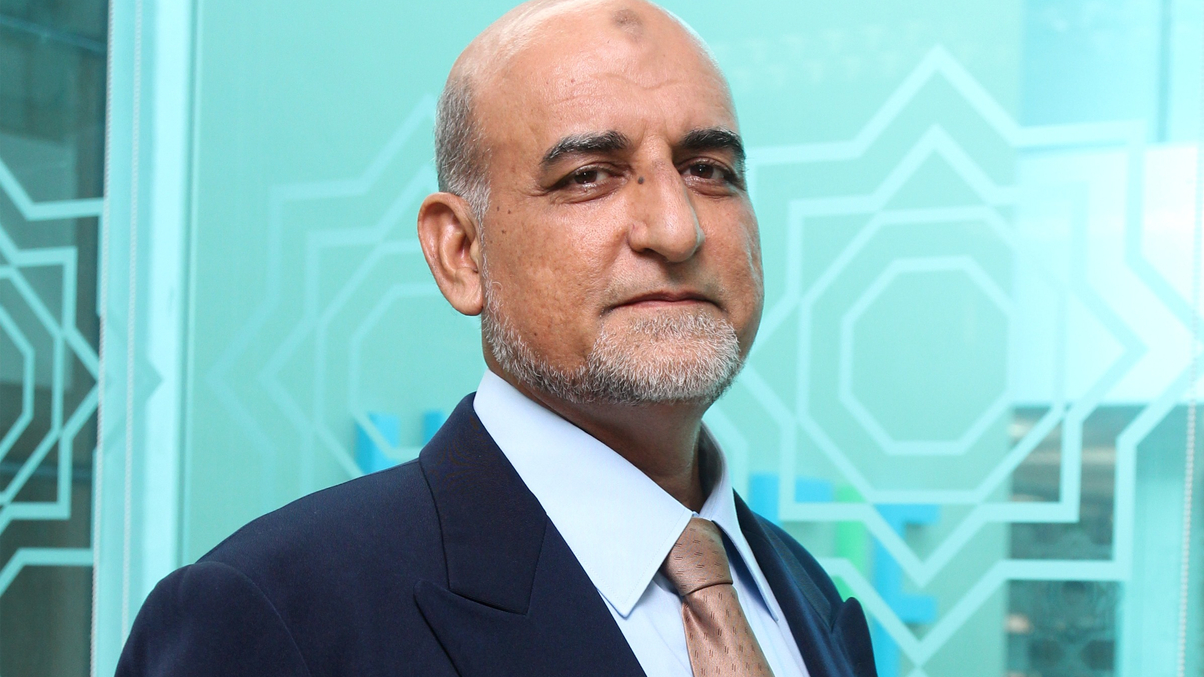partner content
Malaysia facing Islamic finance challengers
The country risks losing Islamic finance business to Hong Kong and Singapore and needs to do more to retain it in areas such as private banking, argues Professor Shamsher Mohamad of INCEIF.

AsianInvestor spoke to Professor Shamsher Mohamad Ramadili Mohd about what Malaysia should be doing to develop itself as an Islamic finance and investment hub. He is a professor of finance and accounting at the International Centre for Education in Islamic Finance, also known as INCEIF – the global university of Islamic finance. It was set up by the country’s central bank, Bank Negara Malaysia, to develop human capital for this area.
Sign in to read on!
Registered users get 2 free articles in 30 days.
Subscribers have full unlimited access to AsianInvestor
Not signed up? New users get 2 free articles per month, plus a 7-day unlimited free trial.
¬ Haymarket Media Limited. All rights reserved.


